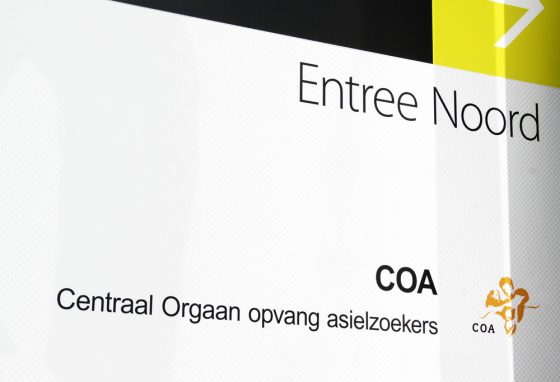Special accommodation for pseudo refugees set to close end 2021


Two centres for pseudo asylum seekers from safe third countries are set to close at the end of the year and no alternative locations have yet been found.
The centres, in Budel in Noord Brabant and Ter Appel in Groningen, are home to some 210 young men who are trying to claim asylum in the Netherlands but come from safe countries such as Morocco, Algeria and Albania.
Many of them have been responsible for causing problems in regular refugee centres, elsewhere, and in the towns and villages where they are located. The aim of the special centres, which have fewer facilities than regular centres and tougher curfews, is to discourage people who have no right to refugee status from trying to claim asylum.
Refugee settlement agency COA has been trying to find alternative locations but is now out of options, broadcaster NOS said. Both Budel and Ter Apel have said it is time for other local authorities to show responsibility.
NOS said that one reason local authorities nationwide don’t want to increase the number of beds for refugees in general is the fear that they will have to deal with the troublemakers.
Some are imposing conditions, such as Afghan refugees only, and most only want to house a few hundred.
Budel, a village of 8,000, is currently home to 2,000 refugees, including those in the special unit. Ter Apel, which is the central reporting location for new arrivals, has 1,500 refugees and a population of around 10,000.
The experiment with separate locations for troublemakers has been evaluated but the results of the project remain secret, the justice ministry told NOS.
Petty crime
Ministers have been struggling with the problem of what to do about the relatively small group of pseudo refugees, who have virtually no hope of being granted asylum but who are responsible for numerous petty crimes.
New procedures have been introduced to assess their claims within four weeks of arrival, but deporting them still remains an issue. Morocco, for example, is reluctant to take back failed asylum seekers and they often disappear into illegality or move to another country and make a second claim.
Ministers have also scrapped some special payments to asylum seekers to encourage them to return home because of fears the money was encouraging more no-hopers to apply.
Thank you for donating to DutchNews.nl.
We could not provide the Dutch News service, and keep it free of charge, without the generous support of our readers. Your donations allow us to report on issues you tell us matter, and provide you with a summary of the most important Dutch news each day.
Make a donation